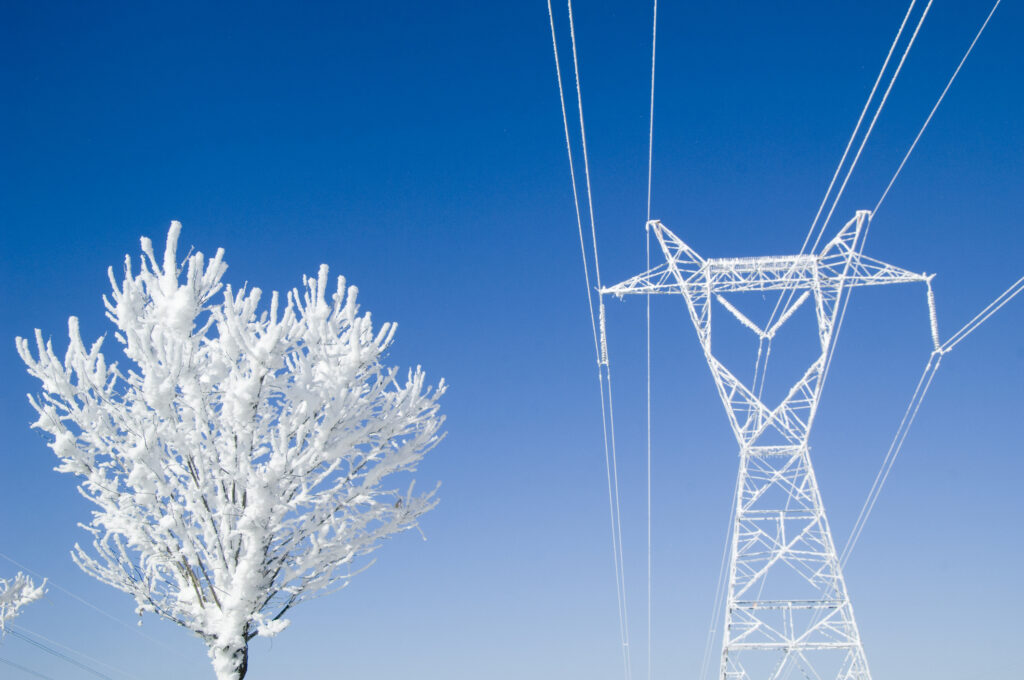The Scottish Government has confirmed that further support measures will be explored for consumers and businesses amid the energy crisis via a summit between energy companies, advice organisations and ministers.
Confirmed via a virtual summit, several key themes have been recognised that will be explored in further detail.
One of which includes the Scottish Government working closely with Energy UK and other organisations to increase smart meter coverage in Scotland, with specific focus on rural areas.
Smart meter installations have surged this year due to the ongoing energy crisis. Smart Metering Systems (SMS) confirmed last month that it had seen solid growth across the first half off 2022 with the run rate for smart meter installations having increased to over 40,000 per month since Q2 2022.
Smart meters have seen increasing interest from energy consumers as a means to manage soaring energy bills by presenting opportunities to utilise the low-cost energy from the grid.
These could be used in Scotland to further prevent the damage of the impending winter months especially in rural communities as recognised at the summit.
Alongside this, the Scottish Government will look to work with the business sector to explore how businesses can be supported with energy costs within its powers.
As the energy crisis takes a stronger grip in the winter months, several support measures have been introduced by the government to mitigate the damage it could have on businesses.
Despite concerns, the recent changes to the Energy Price Guarantee could present a “golden opportunity” for government, according to the energy sector.
Cornwall Insight is predicting the price cap could sit at £4,348 p/a for April 2023. This is the new date for when the scheme finishes having been decreased from two years. Despite being controversial, there is hope that the review will lead to a more targeted support system and boost support measures for businesses.
“The curtailing of the Energy Price Guarantee by the Chancellor of the Exchequer earlier this week has eradicated what meagre certainty people and businesses had over their bills and finances in the short to medium-term,” said First Minister Nicola Sturgeon.
“Even the current cap of £2,500 until April – while better than a rise to £3,500 – is still a very significant increase for households who are already struggling to pay their bills and heat their homes. Without further mitigation the increase to £2,500 under the Energy Price Guarantee will see an additional 150,000 households in extreme fuel poverty.”
Scotland will look to explore more measures to support business amidst the energy crisis.
Another aspect of the virtual summit was plans for partners to share data with the Scottish Government to help inform calls upon the UK Government, to provide clarity on continued support for domestic and non-domestic consumers as soon as possible.
The final measure was to ensure maximum coordination of energy efficiency information and advice services to all consumers.
The need to maximise energy efficiency information for consumers had been highlighted at Energy UK’s annual conference with it being described as something the energy industry is required to do.
“We need to work together to provide customers with information on safely reducing energy bills this winter,” said Angela Terry, CEO and founder of energy consumer awareness group One Home.
Reducing household energy bills this winter continues to be a vital discussion point within the industry. Various measures can be undertaken by households to do so however this currently is not being made aware to the general public.
In order to further provide support during the winter months, the Scottish Government has called on the UK Government to support these work streams and focus on several particular areas.
This includes accelerating the review of the Energy Price Guarantee scheme to ensure domestic consumers have clarity on energy costs after 31 March next year and providing additional targeted support to be delivered to support vulnerable consumers who are struggling to pay their bills and heat their homes.
Lastly, the government has called on the UK Government to do more to support households across Scotland who rely on alternative fuels to heat their homes and clarify protections for businesses following 31 of March 2023 as soon as possible.
This will help to ensure businesses in Scotland have the certainty and security they need to operate with confidence, while identifying “vulnerable nondomestic customers” and offering all vulnerable SME’s guaranteed support past March 2023.
“The deficiencies in the UK Government’s package mean we are still in an emergency situation. The economic outlook has been made far worse by other aspects of the mini-budget – most of which have now had to be reversed entirely,” said Sturgeon.
“The Scottish Government is working hard within its limited powers and finite budget to support people, business, public services and the economy. Part of that work will involve ongoing engagement with energy companies and advice organisations throughout the winter to see how, individually and collectively, we can alleviate the huge challenges people are facing as well as signposting existing schemes and support that is available.”
“It is clear however that more substantial reform of the energy market is needed to address the issue in the long term, and the power to do so lies with the UK Government.”






